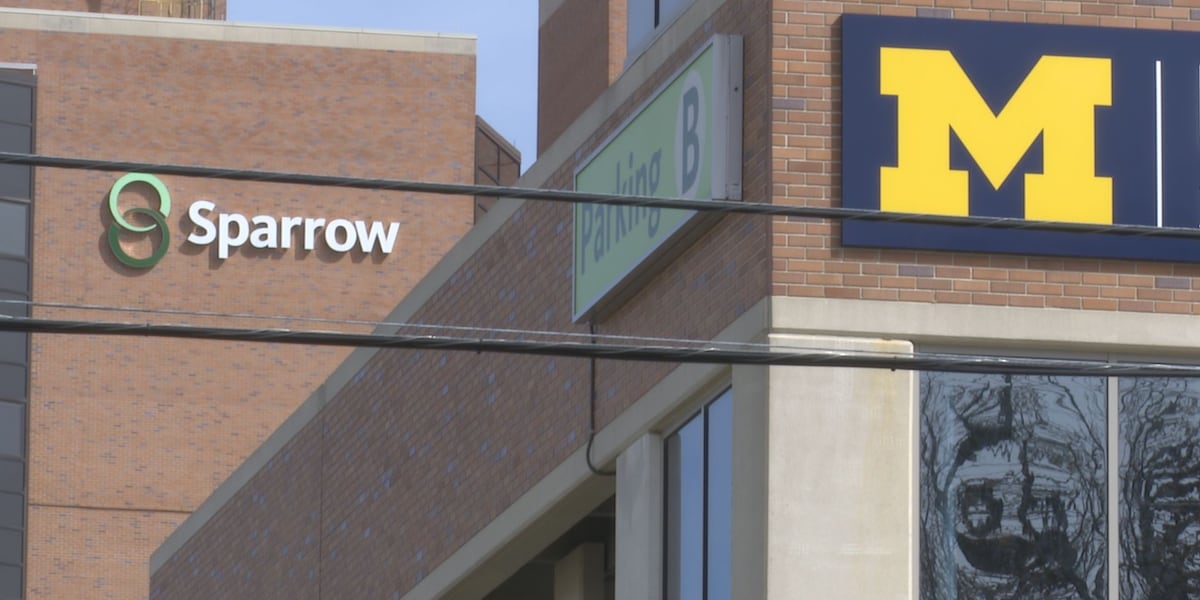Promising Trend: Drug-Related Fatalities Drop in Mid-Michigan, UM Health-Sparrow Study Reveals

In a promising development for local communities, recent data reveals a substantial decrease in drug-related fatalities throughout the region during the year 2024. The comprehensive report highlights a significant downturn in mortality rates associated with substance abuse, offering a glimmer of hope in the ongoing battle against drug-related health challenges.
